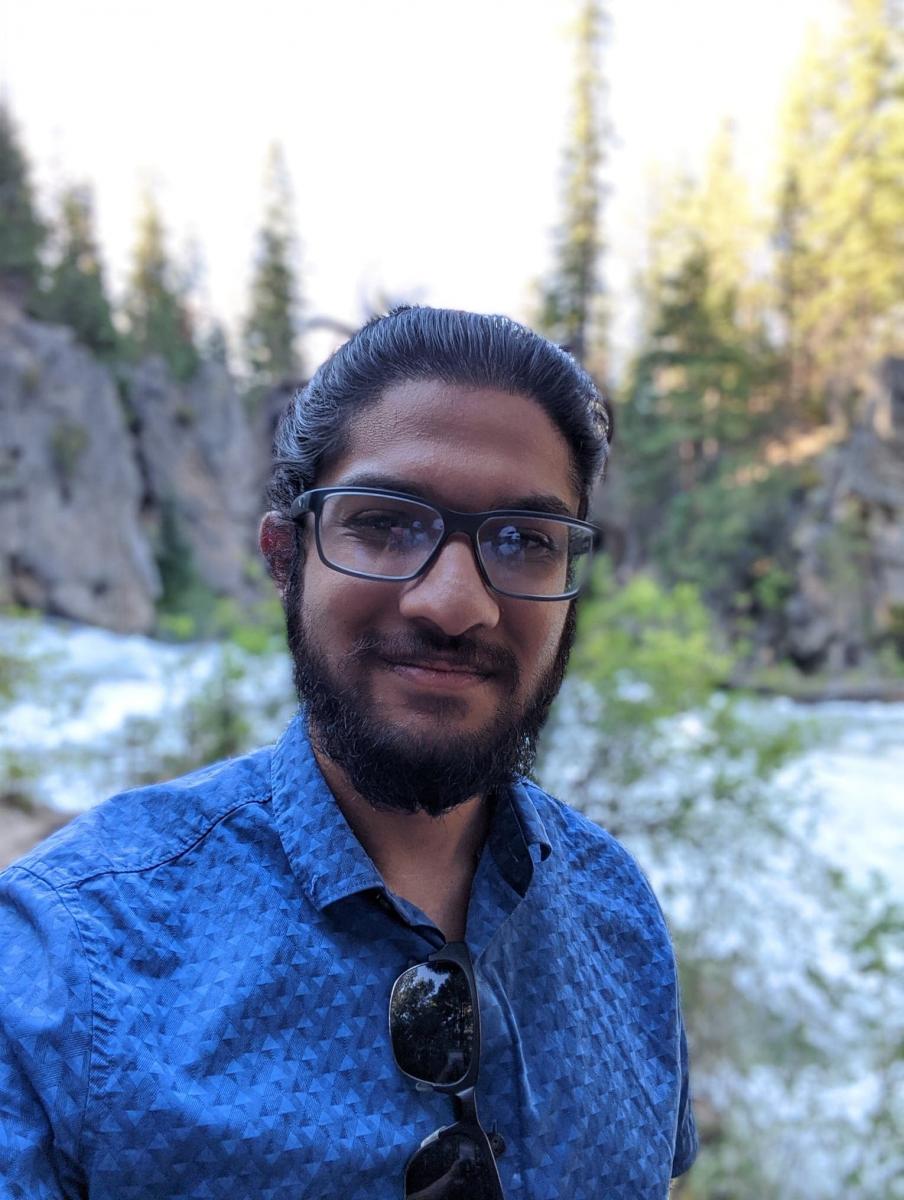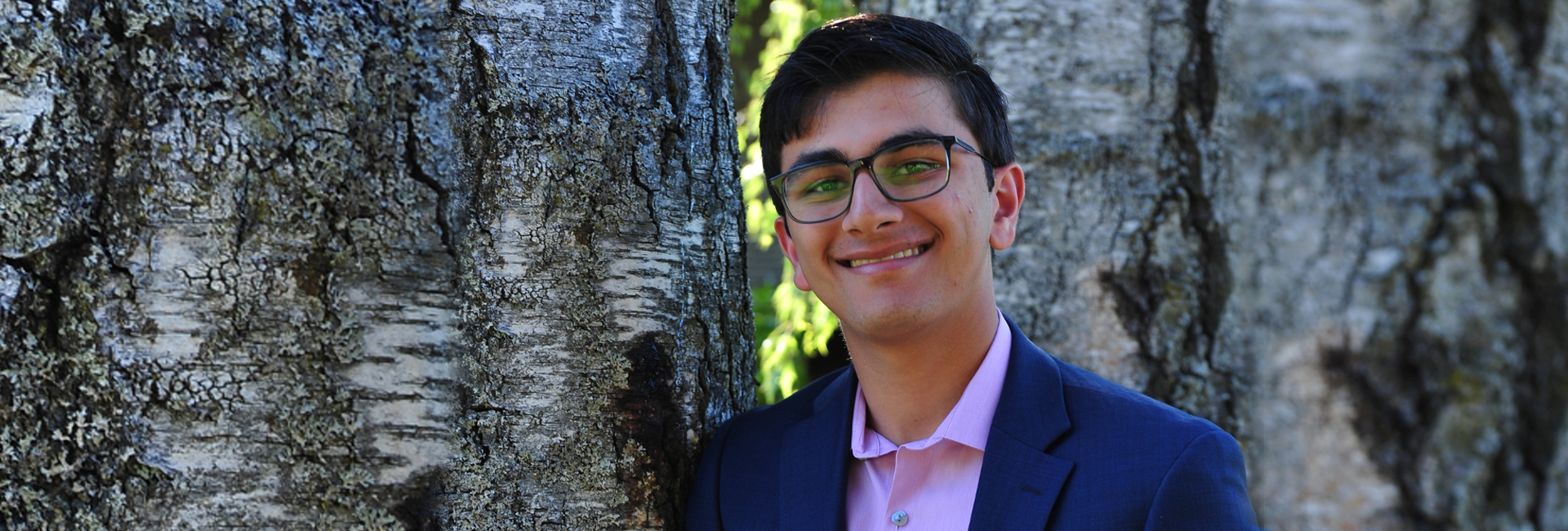(September 27, 2023) “1 in 8 people do not have access to clean water, it’s a crying issue that needs to be addressed,” said Portland resident Chaitanya Karamchedu. Living in the part of the US where the Willamette River and Columbia River converge, the Indian-American teenager saw that despite the presence of two large water bodies, people still had problems accessing clean water. This nudged the Jesuit High School student to come up with an innovative idea to convert seawater into drinking water, an invention that won him $10,000 at Intel’s International Science Fair.
It all began when Chaitanya found that millions of lives are endangered due to a lack of clean and drinkable water, especially in developing countries like India. As per stats, 163 million Indians lack access to safe drinking water. “The best access for water is the sea, so 70 percent of the planet is covered in water and almost all of that is the ocean, but the problem is that’s salt water,” he said in an interview. For years, the idea of isolating drinking water from saline water has baffled scientists. Moreover, he discovered that desalination was inaccessible in many remote coastal areas due to its high implementation costs. This made him more determined to create an economical solution for seawater salination.

The idea struck him in his high school lab. “The real genesis of the idea was realising that seawater is not fully saturated with salt,” he revealed. This led him to work with an absorbent polymer to filter out pure water from the water bonded with salt. Unlike traditional thinking that considered seawater as fully saturated with salt, he found that only 10 percent of seawater was actually saline, while the remaining 90 percent remained untapped and not bonded to salt particles. Staying away from conventional desalination efforts, Chaitanya focused on this abundant 90 percent of seawater that was not directly saturated with salt. His goal was to develop a cost-effective method to extract drinkable water from this portion. This novel approach has the potential to revolutionize access to clean and safe drinking water for millions of people worldwide who currently struggle with inadequate water resources.
The widely practiced method of desalination not only faces challenges related to cost but also raises environmental concerns. High energy consumption is one of the primary drawbacks of conventional desalination techniques, which has raised environmental concerns due to its carbon footprint and potential ecological impacts. Chaitanya’s innovative approach to desalination, however, offers a promising alternative by being a cost-effective and energy-efficient solution.
If his method proves to be scalable and sustainable, it could not only provide a more environmentally friendly way to produce freshwater but also significantly reduce the economic burden associated with desalination projects. This kind of innovation is essential for ensuring access to clean and safe drinking water while minimising the negative impacts on the environment.
Chaitanya, who was also named among the Regeneron Science Talent Research semifinalists, has made a groundbreaking discovery that stands as an example of the power of innovation and dedication in addressing one of humanity’s most pressing challenges — access to clean and safe drinking water. His unwavering commitment to finding a solution has the potential to transform the lives of countless individuals around the world.




